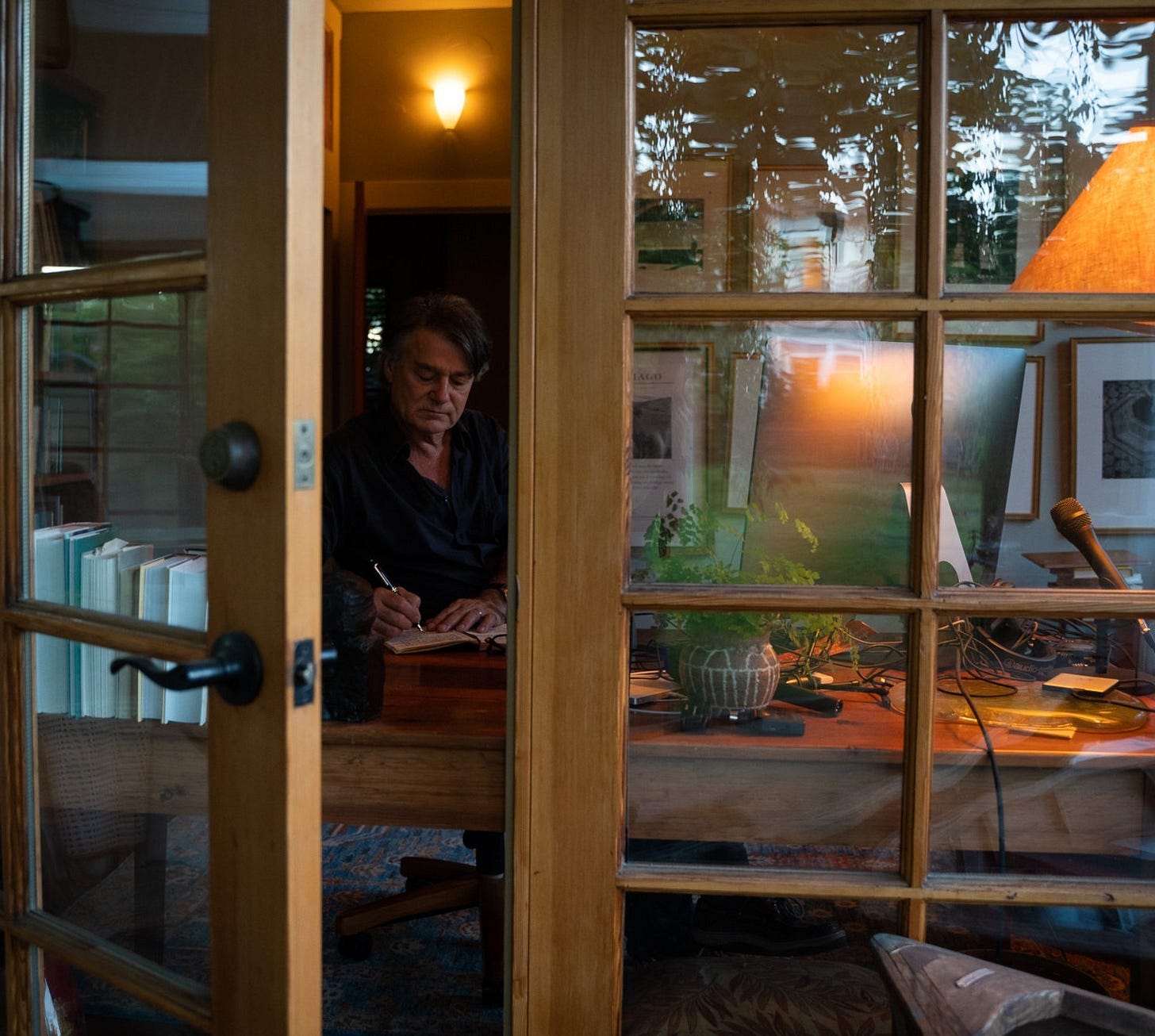Annual Letter from the House
December 2024

2024 has been an extraordinarily intense year, beginning right at its inception, with my first Three Sundays Series in January and with a New Year resolve out of those three talks to ‘Start Close In’ and bear down on writing more of my ‘Consolations’: those short micro-essays that seemed to have helped so many people around the worl…
Keep reading with a 7-day free trial
Subscribe to David Whyte to keep reading this post and get 7 days of free access to the full post archives.


